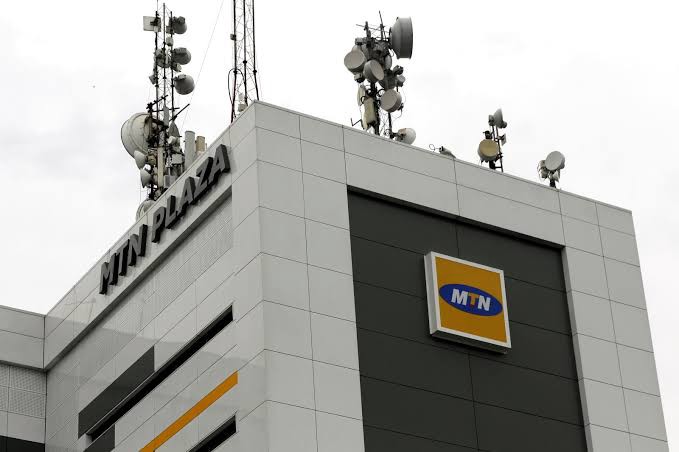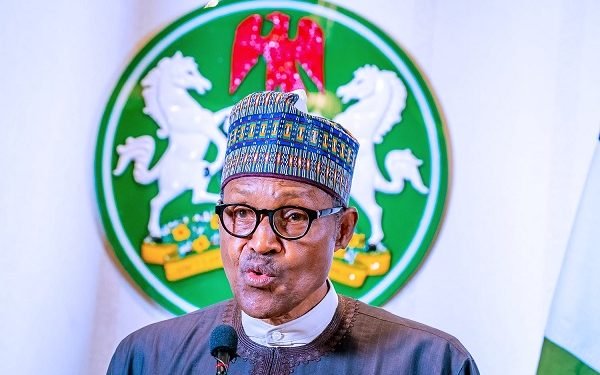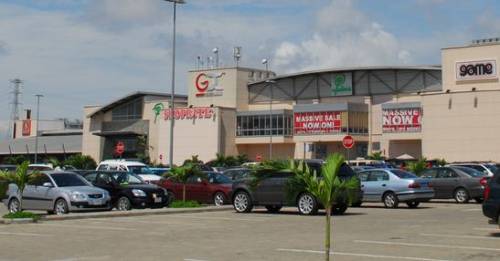By Okoh Aihe
Penultimate Wednesday I received two calls from the UK with both callers asking the same question: Is MTN leaving Nigeria? Why are they dumping 15 per cent of their shares in the market at this time?
There was no ready answer for the questions but I played for time. Having been a journalist for most of my life and just over a decade in government in a related sector, they probably ascribed to me the uncanny propensity, more than capacity, to respond to questions even if they came in my sleep.
I also understand the concerns of the voices from the UK. MTN by far is the largest telecoms operation in the country. A number of times the company has been accused by even the most informed of making too much money from Nigeria and remitting same to the country of origin. In our part of the world, emotions can make a compelling case. MTN has often been hurt in the process, without expected sympathy. In other instances, MTN has also landed in the wrong side of the law causing the organization to bleed agonizingly in terms of hefty fines.
But times have changed, without notice. The COVID 19 pandemic has sent the markets all over the world into a spiral to the extent that nearly all the major exchanges have had to quickly close shops or suspend trading in order not to completely obliterate the value of their markets and send priced stocks to worthless junks. Even what used to be the safest of havens are scrambling for the survival of human life before paying attention to the safety of trade. Financial life jackets are been proposed by countries with the capacity to do so but that will be after humanity has found a space in a very turbulent world.
I played for time. Within the intervening period my mind went into frightening introspection of the telecommunications industry, the industry I reported for a decade and half before a glorious opportunity to work at the regulatory agency. I am looking at the faces of my colleagues who endured all kinds of travails to write the industry into existence, and sometimes having to go to some far ends of the world to source those stories.
We knew when the telecoms subscription figures were very shameful. We also knew when the figures shot up astronomically, shaming all projections and giving Nigeria a much deserved pride and opportunity to raise her head in the comity of nations as a country blazing a trail in modern telecoms development. In fact, actually pointing the way to a number of African countries.
You see, barracuda sounds musical in the ears but just a little mistake, the barracuda, properly seasoned, becomes very tasty fish especially when eaten at a restaurant overlooking the sea which used to be its abode.
Introspections can be scaring. But this looks temptingly illuminating. Even then my verdict is bleak! With all the noise, with all the documented achievements in preceding years, the telecommunications industry is not strong on ground. Just a little mistake the industry can go crashing down and taking so many other sectors with it. The barracuda makes a good meal but such a rout in telecoms and sundry industries can only be confined to the imagination for its seismic impact, not savory at all.
Where will the mistake come from?
My first response to the above question is: if the regulator is shaved of its regulatory strength and independence.
Can such ever happen in Nigeria, a country that was hailed globally as a shining paradigm of a deregulated telecoms market?
That was in the days of yore. Speaking on April 5, 2020, on Channels Television, concerning 5G as a direct cause of coronavirus, the Minister of Communications and Digital Economy, Dr Isa Pantami, kept saying I have directed the NCC to….Does a Minister have the powers to direct the Regulator?
Chapter 16 of the Federal Government Public Service Rules which defines the nature of Government Parastatals, their Board and relationship with supervising Ministry, provides some assistance. Two points to note. (1) A Board shall not be involved directly in the day-to-day management of a Parastatal. (2) A Minister exercise control of Parastatals at Policy level through the Board of the Parastatal only.
Even without going to the point of law which so many of us don’t have the capacity to, as unlearned lot, the aforementioned provides a cushion of independence for any Parastatal especially under a democracy. However, there is further elucidation and reinforcement in the Act setting up each Parastatal as in the case of the NCC.
Chapter 3 of the Nigerian Communications Act 2003 which deals with the Functions of the Minister and National Frequency Management Council, states very clearly: The Minister shall have the following responsibilities and functions pursuant to this Act – (a) the formulation, determination and monitoring, of the general policy for the communications sector in Nigeria with a view to ensuring, amongst others, the utilization of the sector as a platform for the economic and social development of Nigeria; (b) the negotiation and execution of international communications treaties and agreements, on behalf of Nigeria, between sovereign countries and international organisations; (c) the representation of Nigeria, in conjunction with the Commission, at proceedings of international organisations and fora on matters relating to communications.
Where will the mistake come from?
The Communications Act has no place for the Ministry to encumber the Commission. It is very anomalous therefore for a Minister to dish out others to the regulatory authority without the world taking keen interest in his utterances and what they mean to their invested funds. The Act has no place for the Minister to make regulatory statements for the industry without the industry taking conscious notice of it. Such actions that may look innocuous superficially and sometimes enthusiastically received because of their social relevance may become very detrimental on the long run and should therefore be nipped before becoming infectious.
What does this have to do with MTN leaving Nigeria? And is MTN leaving Nigeria?
Simple. Operators in an environment including MTN would always watch out for miniscule landmines that would blow up a sector on the long run and begin to make strategic plans. To finally address the question whether MTN is exiting the Nigeria market. I have done a little search within the hierarchy of the organization; the answer I got is No. MTN remains in Nigeria for the long haul but is currently looking at the Scoreboard and Dashboard in the manner of Todd Henry in Herding Tigers to determine its long term survivability and profitability while widening its base of ownership.
To address the exit issue more directly, recall that over a time there was pressure even from the National Assembly on the Nigerian mobile operators to list at the country’s Exchange by way of allowing more Nigerians to have a stake in their business. On Thursday, May 16, 2019, MTN accepted that challenge by doing a flotation of 20. 35 billion shares worth about $6bn at N90 per share. In taking that action MTN became the first mobile operator to scale the rigorous rules of the Security and Exchange Commission. This development was excitedly received in the business community with the Chief Executive of the NSE, Mr Oscar Onyema inviting other operators to emulate MTN. Within a couple of days the shares were heading to the skies. Given the opportunity, most operators would want to continue to sip from that tantalizing honeypot. I was reliably informed that in a market of abundant possibilities, especially when properly regulated, MTN by releasing another 15 per cent of its shares, has activated its next line of action to attract investors to take some more pieces of their business.
That also means sharing the risk. Take a little bit of the business with coated vanishing sugar; take some of the risk that may hurt sometimes.
Okoh Aihe writes from Lagos


